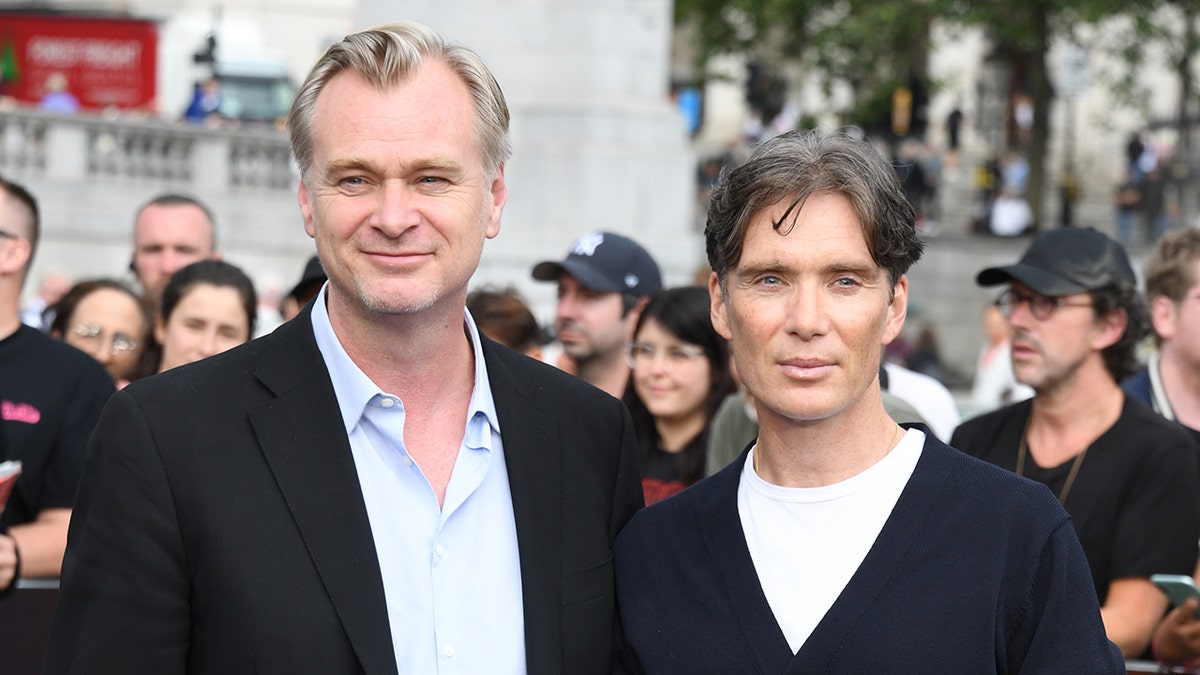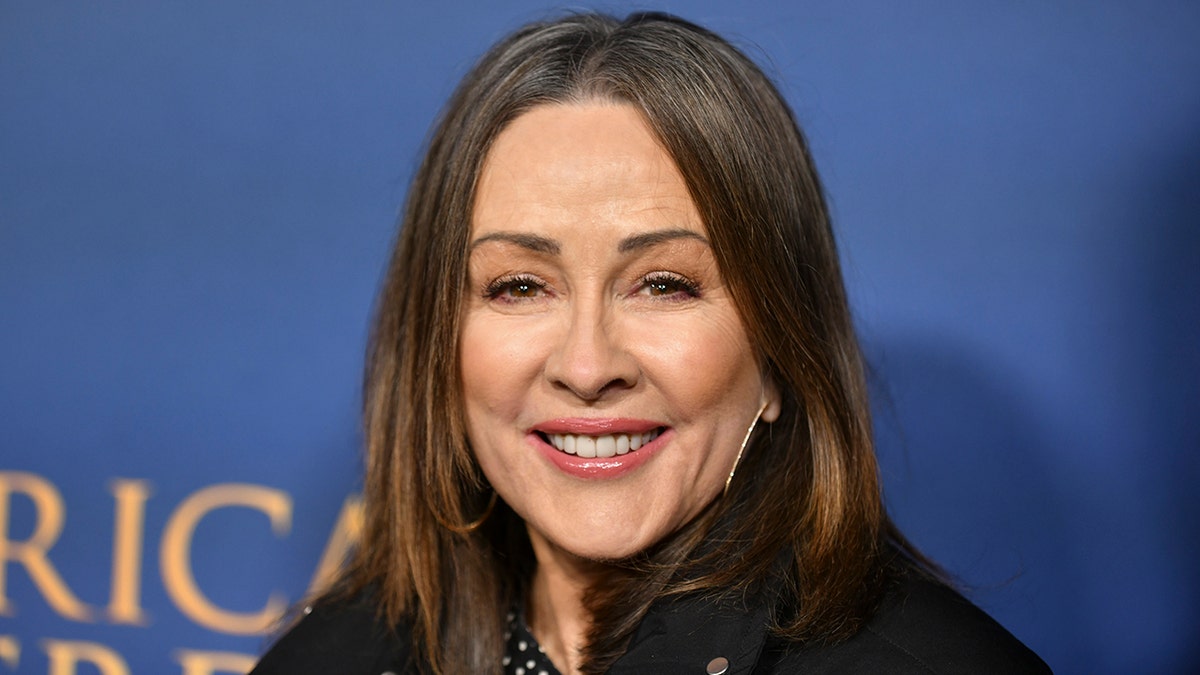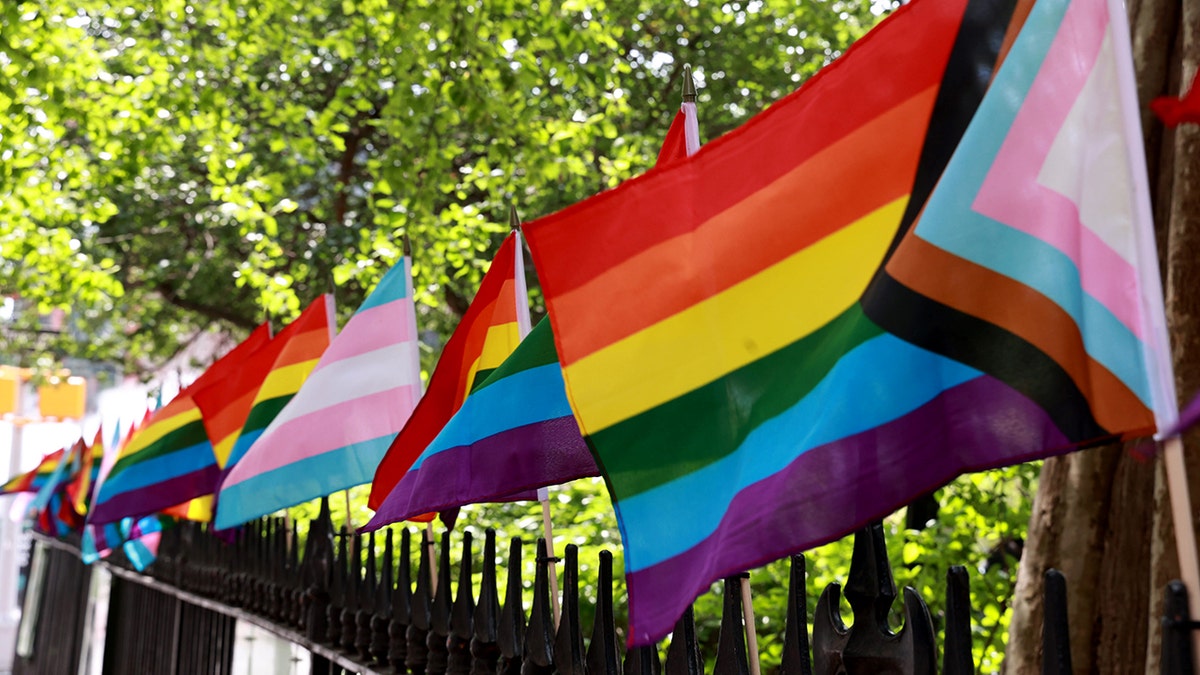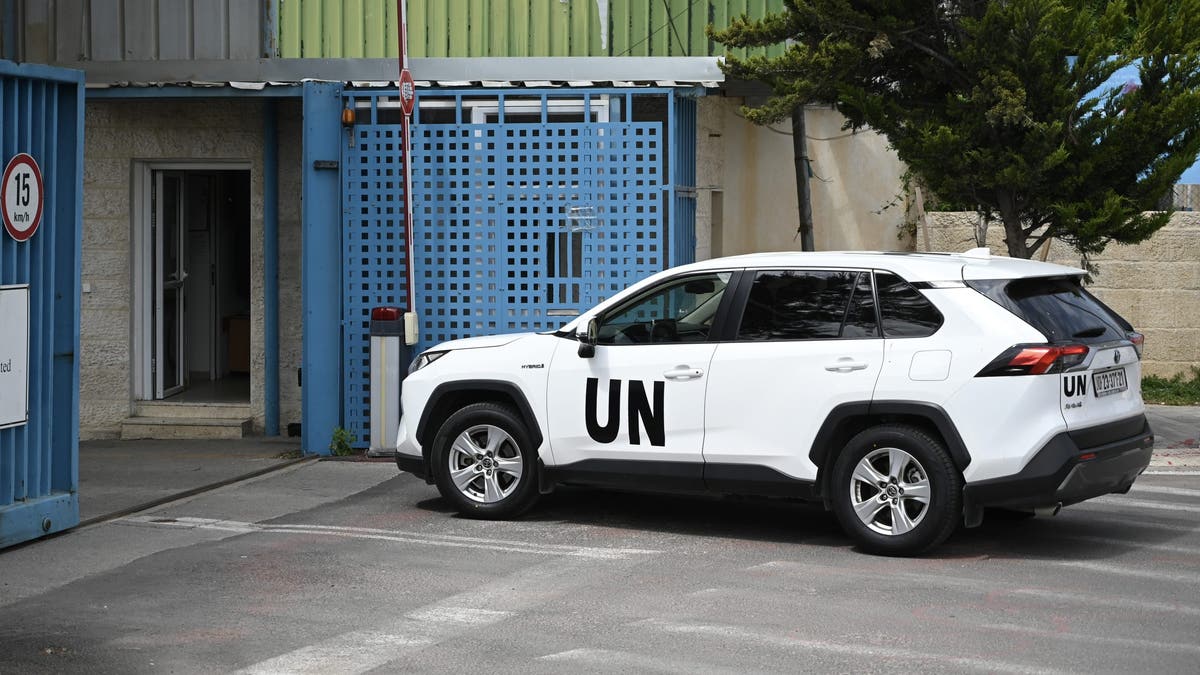Recent ethics complaints lodged against Supreme Court Justices Clarence Thomas and Ketanji Brown Jackson by members of Congress and an advocacy group will not be forwarded to the Department of Justice, according to federal court officials. The U.S. Judicial Conference announced that Justice Thomas has agreed to adhere to updated guidelines regarding the disclosure of gifts and private travel provided by friends, addressing prior reports of undisclosed hospitality. Justice Jackson has also modified her financial disclosures in response to concerns raised about her husband's income from his medical practice.
Several Democratic lawmakers had requested an internal judiciary investigation into unreported hospitality extended to Justice Thomas by billionaire Harlan Crow, as detailed in reports by ProPublica. Judge Robert Conrad, head of the judicial conference's policymaking arm, informed lawmakers that Justice Thomas had submitted amended financial disclosures resolving issues highlighted in their letter. Conrad also noted ambiguity regarding the judiciary's authority to make criminal referrals against a sitting Supreme Court justice, citing potential constitutional concerns and the absence of a clear congressional directive.
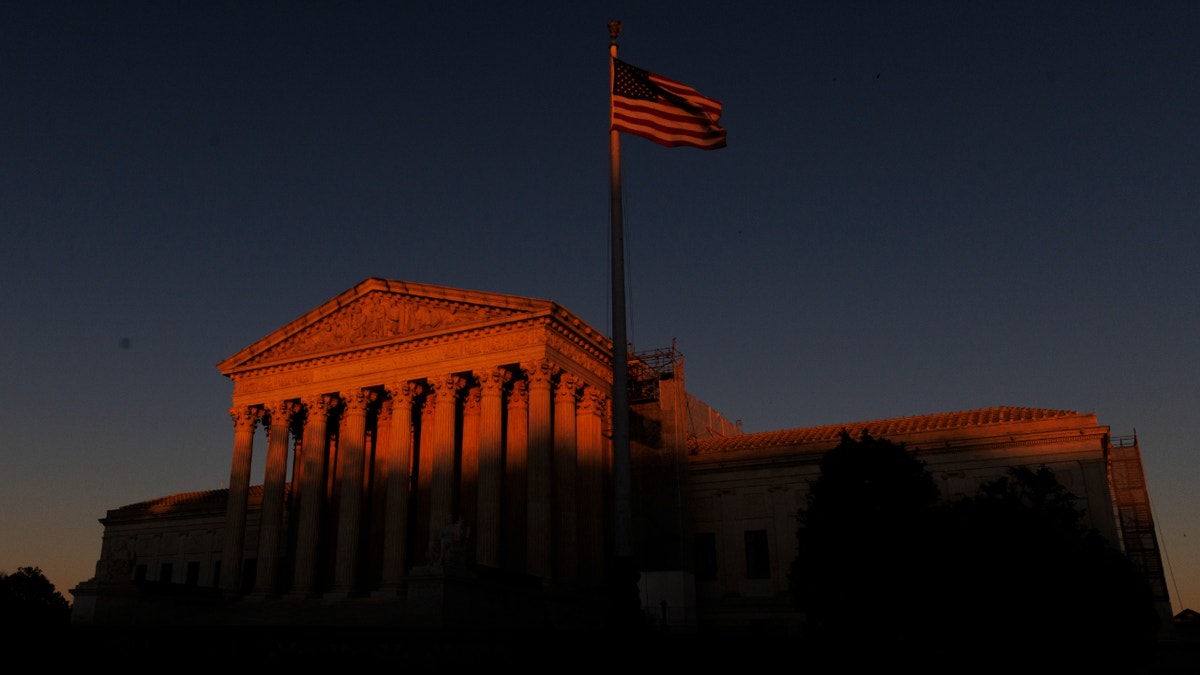
The U.S. Supreme Court is seen during sunset. (Aaron Schwartz/SIPA USA)
Senator Whitehouse criticized the Judicial Conference’s decision, expressing concern that the judicial branch is neglecting its responsibility to hold Supreme Court justices accountable for ethical breaches. The complaint against Justice Jackson originated from Citizens for Renewing America. These recent events highlight ongoing concerns about judicial ethics, including unreported private travel, and have prompted the Supreme Court to adopt its first code of ethics last year. However, the responsibility for compliance rests with each individual justice, raising questions about the court’s commitment to upholding its own ethical standards.
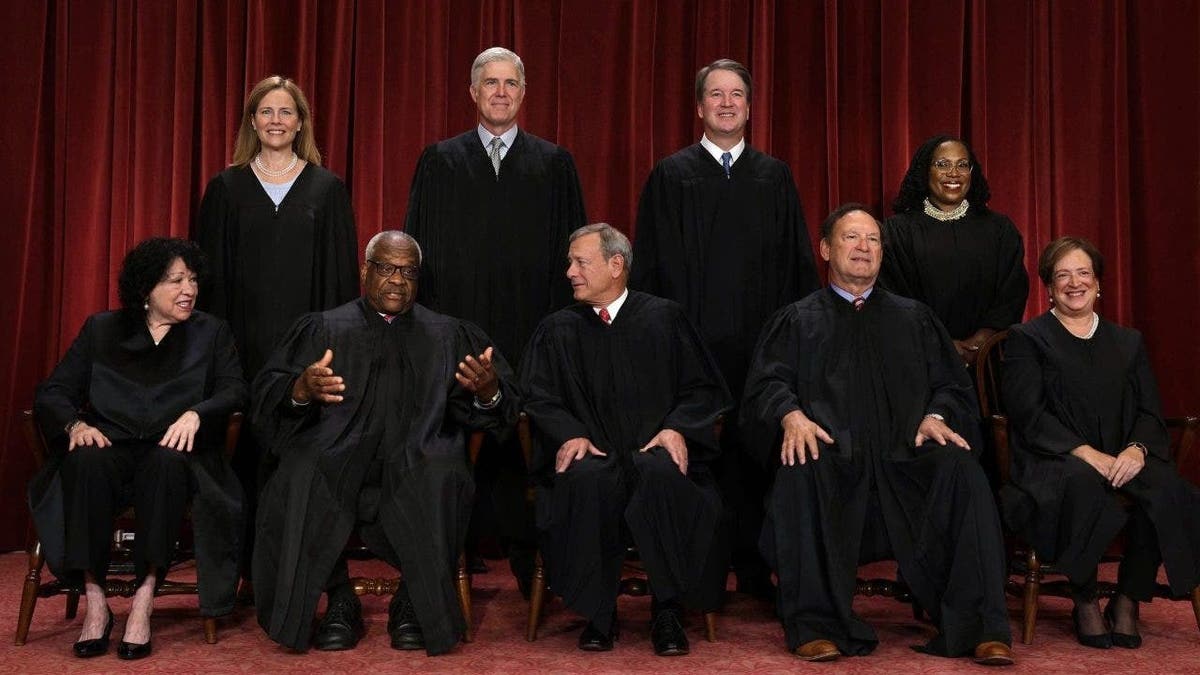
United States Supreme Court (front row L-R) Associate Justice Sonia Sotomayor, Associate Justice Clarence Thomas, Chief Justice of the United States John Roberts, Associate Justice Samuel Alito, and Associate Justice Elena Kagan, (back row L-R) Associate Justice Amy Coney Barrett, Associate Justice Neil Gorsuch, Associate Justice Brett Kavanaugh and Associate Justice Ketanji Brown Jackson pose for their official portrait at the East Conference Room of the Supreme Court building on October 7, 2022 in Washington, DC. The Supreme Court has begun a new term after Associate Justice Ketanji Brown Jackson was officially added to the bench in September. ((Photo by Alex Wong/Getty Images))
A recent Senate investigation revealed additional instances of luxury travel by Justice Thomas in 2021 that were omitted from his financial disclosure forms. Advocacy groups, such as Fix the Court, are urging Congress to establish a transparent mechanism for investigating ethical violations within the Supreme Court, given the Judicial Conference's apparent reluctance to act. This ongoing debate underscores the growing need for greater transparency and accountability within the highest court in the land.

